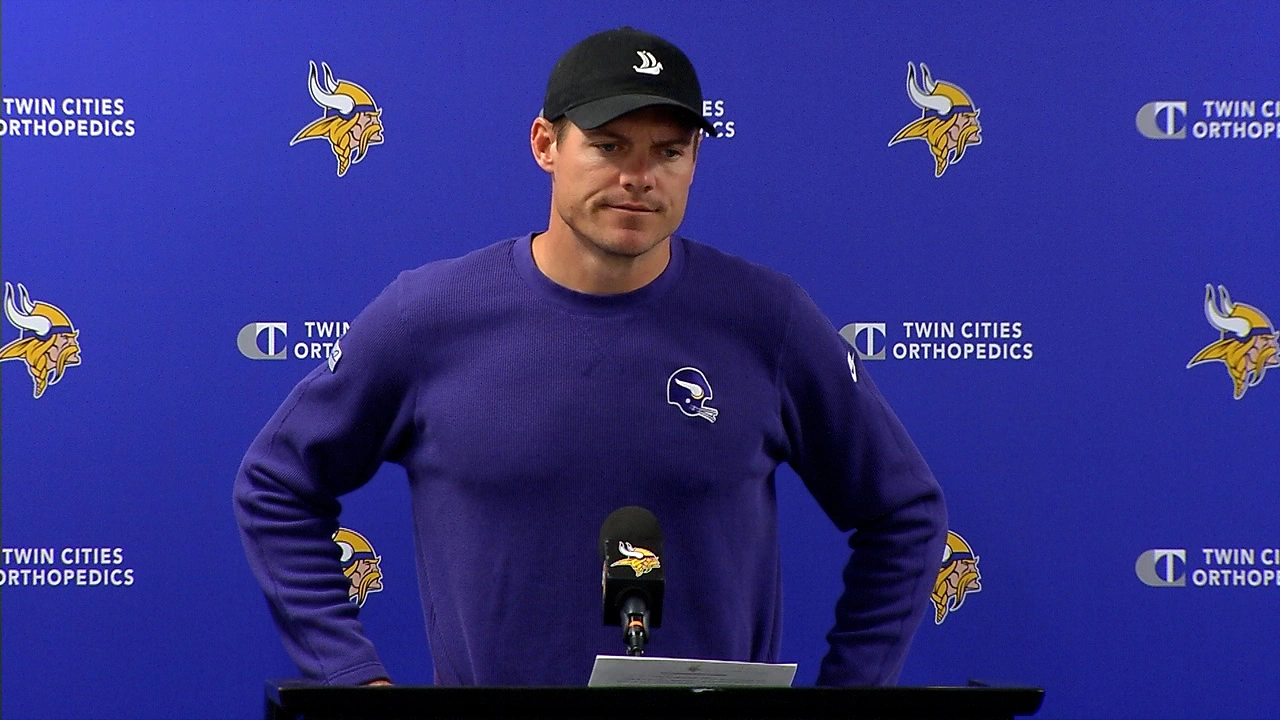In a move that has sparked significant controversy, the Minnesota Vikings have decided to part ways with cornerback Shaquill Griffin, labeling him as “fragile” due to his injury history. This decision has ignited a firestorm of reactions from fans, analysts, and former players who see the term as a harsh critique of Griffin’s career and perseverance through injuries.
Shaquill Griffin, known for his physical play and athleticism, has indeed struggled with injuries throughout his career, missing substantial time during multiple seasons. However, calling him “fragile” appears to be a particularly pointed and, some argue, unnecessary jab at a player who has consistently given his all on the field. Critics argue that such a label diminishes Griffin’s contributions and dedication, painting an unfair picture of his tenure with the team.
The decision to release Griffin comes as the Vikings continue to restructure their roster in hopes of remaining competitive in the NFC North. Despite his injury struggles, Griffin has been a solid contributor when healthy, providing veteran leadership and experience to the Vikings’ secondary. His release leaves a noticeable gap in the team’s defensive lineup, raising questions about the depth and readiness of the remaining cornerbacks.

Fans have taken to social media to express their displeasure with the Vikings’ handling of the situation. Many feel that the organization could have shown more respect and gratitude towards Griffin, who has played through pain and demonstrated a strong commitment to the team. The term “fragile” has particularly struck a nerve, as it seemingly undermines the toughness required to compete at the professional level.
Former players and analysts have also weighed in, with some defending Griffin and criticizing the Vikings’ management. They point out that injuries are an inherent risk in football and that labeling a player as fragile can have lasting negative effects on their reputation and future career opportunities. Moreover, they argue that the term is demeaning and fails to acknowledge the physical and mental resilience required to recover and return to play after injuries.
On the other hand, some voices within the sports community support the Vikings’ decision, emphasizing the importance of roster flexibility and the need to prioritize players who can consistently stay on the field. They argue that, while unfortunate, the release of Griffin is a practical decision aimed at improving the team’s overall performance and reliability.
As the dust settles on this controversial move, the focus now shifts to Griffin’s future. Despite the label, he is expected to attract interest from other teams in need of a seasoned cornerback. His resilience and ability to bounce back from injuries will undoubtedly be a key factor in his next career step. Meanwhile, the Vikings will need to address the void left by Griffin and ensure that their defensive unit remains robust and competitive.
